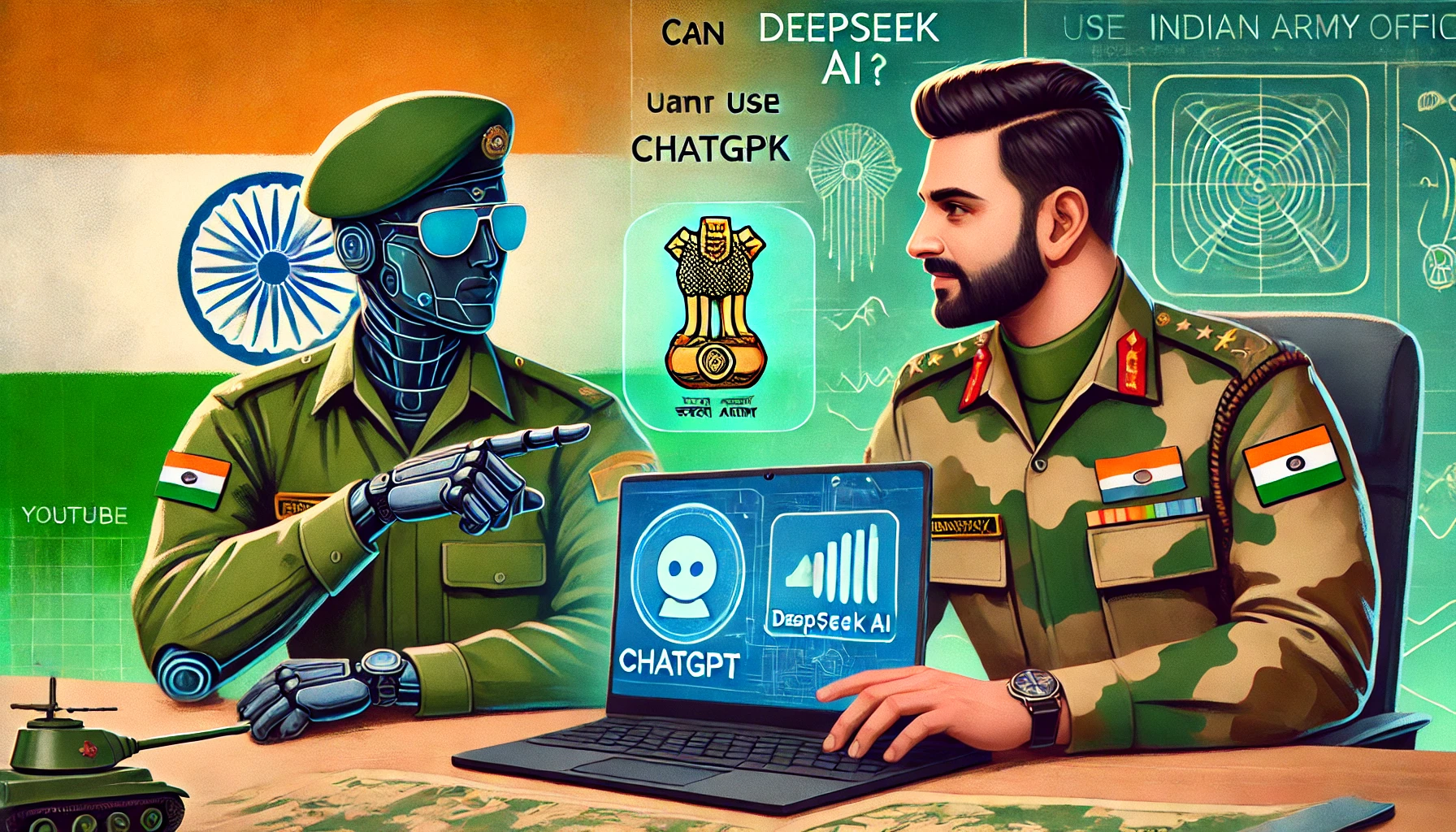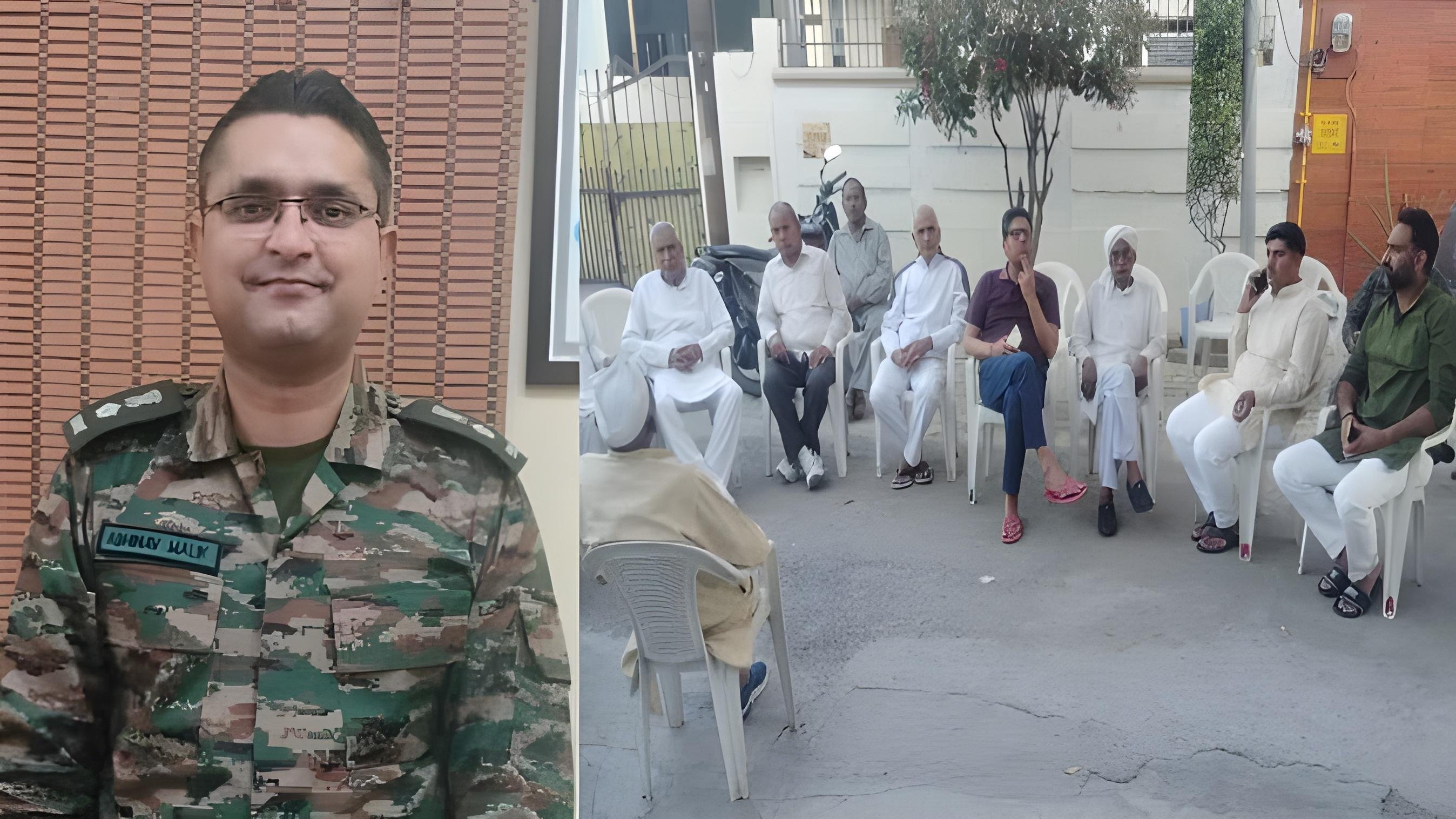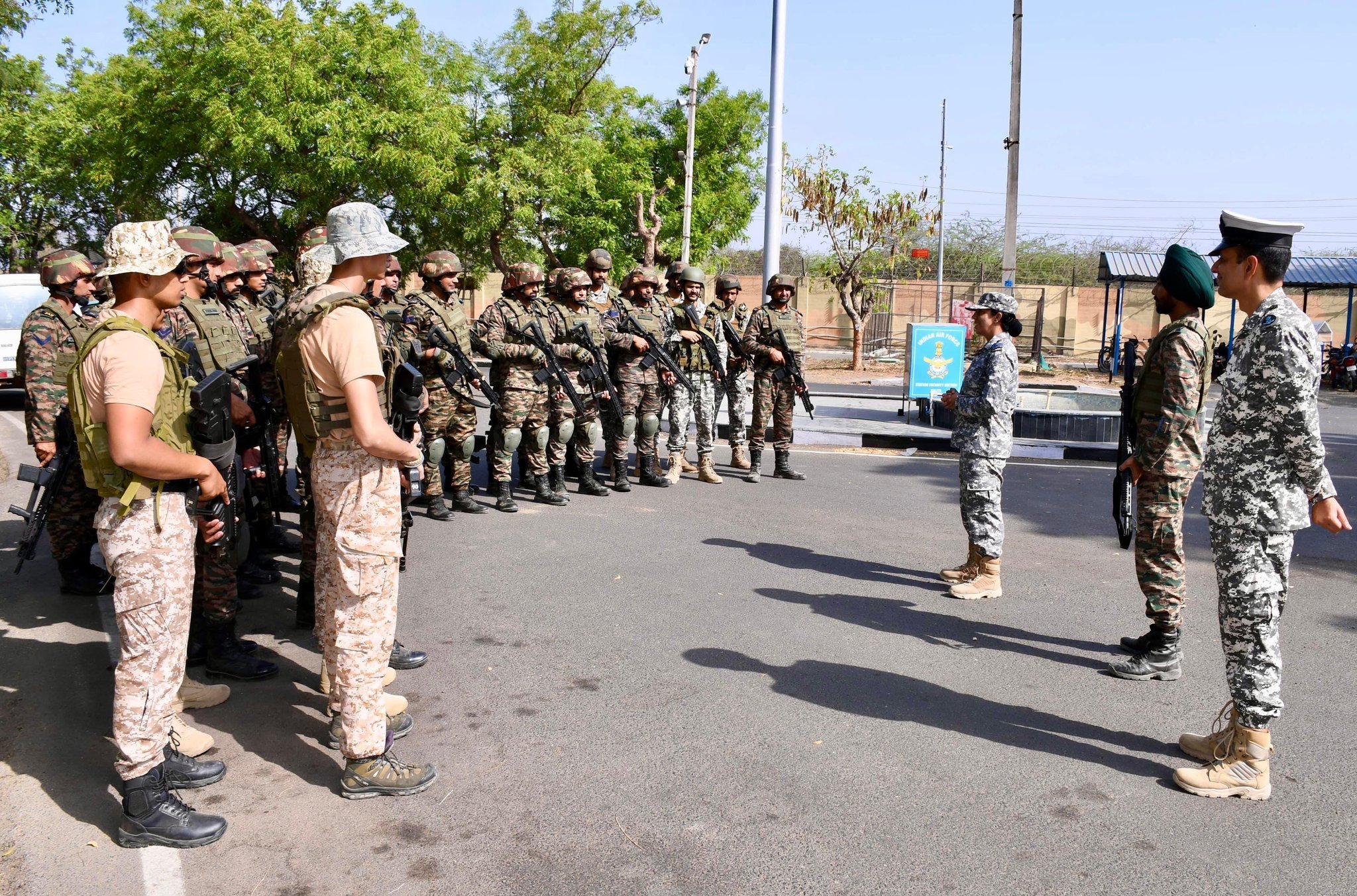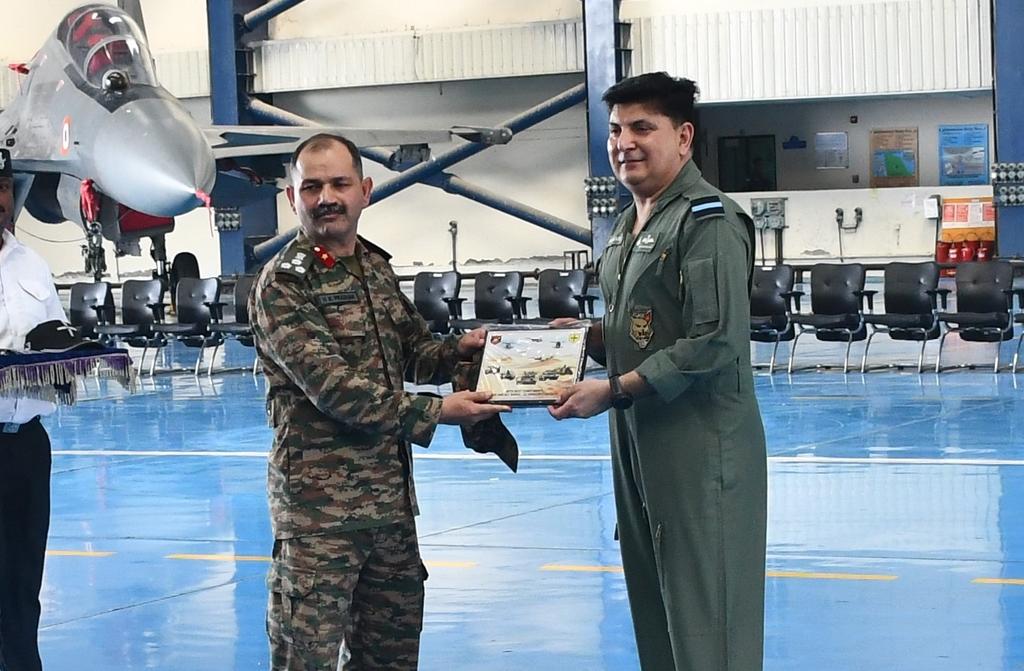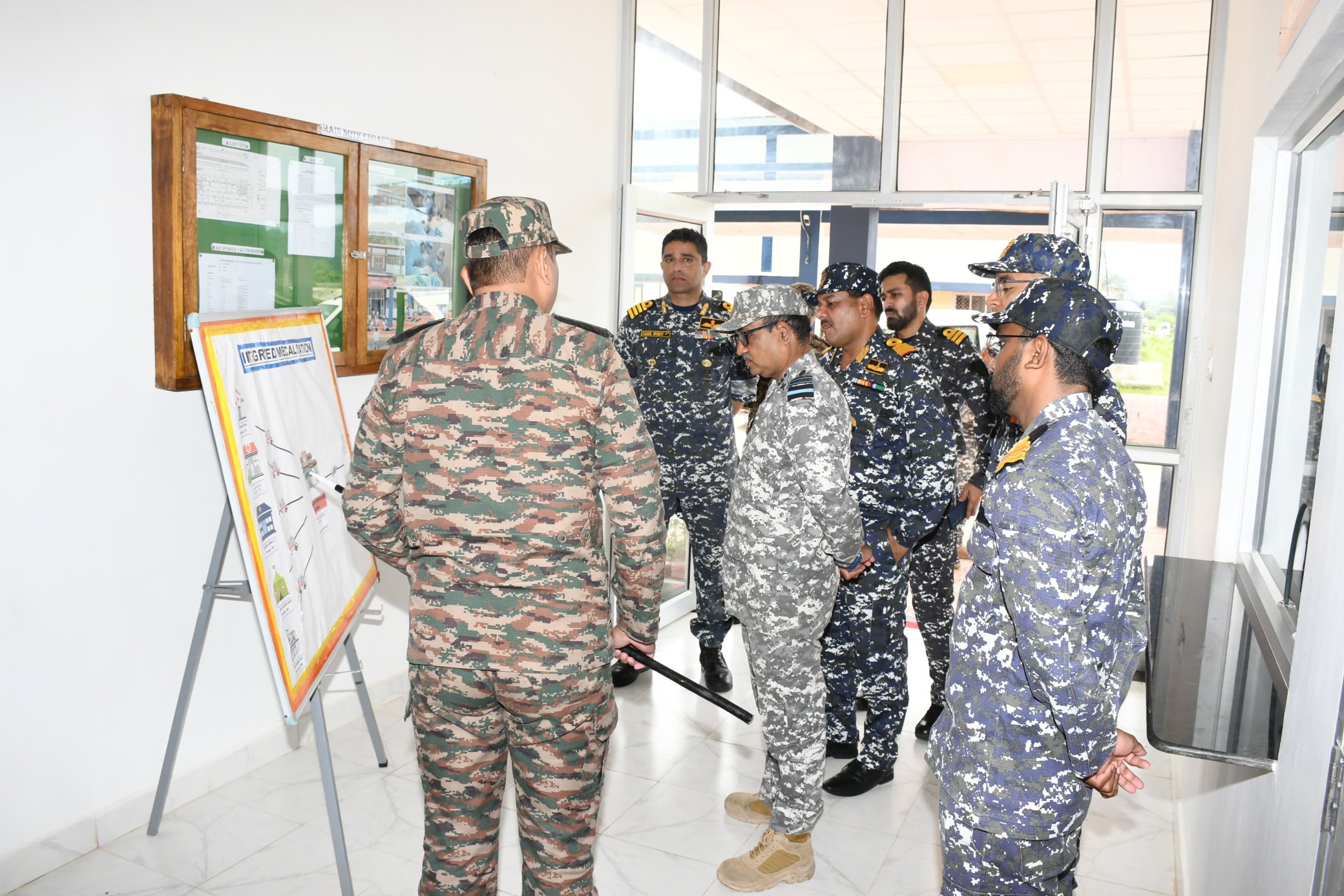In recent months, the rapid advancements in artificial intelligence (AI) have brought tools like ChatGPT and DeepSeek AI into the limelight. Thanks to their impressive capabilities in natural language processing and content generation, these platforms have piqued the interest of professionals across various sectors.
However, concerns about data privacy, national security, and operational secrecy have become front and center—particularly within government organizations and defence establishments.
No Official Restriction, but Caution Advised
Although there is currently no official restriction by the Indian Army on using AI platforms such as ChatGPT, DeepSeek, or similar tools, there is a growing sentiment that Indian Army officers should avoid these tools, especially for any official or sensitive work. The primary reason for this caution is straightforward: operational secrecy. Any data or information input into these AI applications could potentially be stored, processed, or analyzed on servers outside India’s sovereign control. This opens up the possibility of unintended data leaks or breaches.
Moreover, an officer in the Indian Army holds a position of responsibility where the confidentiality of strategic and tactical information is paramount. While AI chatbots may offer convenient ways to summarize or generate reports, the risk of exposing critical internal information outweighs the benefits, especially when dealing with sensitive military operations.
Ministry of Finance Directive
Recently, the Ministry of Finance took a decisive step by prohibiting its employees from using AI tools and applications like ChatGPT and DeepSeek on office computers and devices. In a communication issued last month to all departments, the ministry stressed that using AI tools and apps must be strictly prohibited on official devices. This directive stems from concerns over data protection and maintaining the confidentiality of government documents.
A memo from the Ministry’s Department of Expenditure, dated January 29, clearly stated:
“It has been determined that AI tools and AI apps (such as ChatGPT, DeepSeek etc.) in the office computers and devices pose risks for confidentiality of Govt. data and documents.”
Following this advisory, it is only logical that other government departments and particularly defence forces remain highly cautious, given the higher stakes involved in national security and operational secrecy.
DeepSeek: An Emerging Contender
While ChatGPT—developed by OpenAI—has received global attention for its powerful language capabilities, DeepSeek has gained recent traction for its low-cost AI offerings. With a reported price tag of around $6 million for its latest AI model, DeepSeek’s R1 is touted to operate on a fraction of the compute power required by more established AI models like ChatGPT. This cost-effectiveness has fueled its worldwide popularity and adoption.
However, concerns over privacy and data security have prompted various countries, including Australia and Italy, to shield their official systems from Chinese-developed DeepSeek. In an age where data is sometimes called the “new oil,” any potential vulnerability in AI systems is a matter of significant apprehension, particularly in governmental and defence contexts.
Global AI Landscape and Regulatory Developments
The global AI landscape is changing rapidly. Regulatory frameworks and usage guidelines are still catching up with the exponential pace of innovation in machine learning and data science. Even in the United States, the birthplace of many major AI models, there is growing scrutiny over data handling, privacy regulations, and ethical guidelines for AI deployment.
Sam Altman, the CEO of OpenAI, recently visited India and met with top government officials and industry leaders. This visit signals the Indian government’s keen interest in collaborating and understanding how AI can be harnessed responsibly. However, the balancing act between leveraging AI’s potential and protecting sensitive information remains a top priority.
Implications for the Indian Army
- Operational Secrecy: Any breach of sensitive data regarding military strategies or operational details could compromise national security. AI tools often process and store data externally, creating vulnerabilities in the absence of strong data-protection policies.
- No Clear Policy Yet: While there is currently no explicit ban from the Indian Army on using ChatGPT or DeepSeek, existing advisories from other government departments set a cautionary precedent. The Army is likely to formulate its own guidelines to ensure that even incidental data leakage is prevented.
- Risk of Data Leaks: AI platforms rely on large volumes of user data to improve their models. Inadvertently sharing mission details or official documents could lead to intelligence-gathering by malicious actors.
- Practical Considerations: Even trivial-sounding information—such as supply chain data, routine operational logs, or logistical arrangements—can be pieced together by adversaries to form a larger intelligence picture. Hence, Army officers are advised to exercise strict discretion.
- Future Possibilities: As AI tools become more advanced and secure, there may be potential for carefully regulated, in-house AI solutions within the defense sector. Defense-focused AI systems that do not rely on external servers and adhere to stringent data privacy protocols might eventually see deployment.
In summary, while there is no official, blanket restriction on Indian Army officers using ChatGPT, DeepSeek, or any other AI platform at the moment, the imperative to maintain operational secrecy effectively discourages their adoption for official tasks. The recent directive by the Ministry of Finance serves as a strong indicator of the Indian government’s stance on the matter: data privacy and national security come before convenience.
For Army personnel, the safest path is to avoid using AI tools—especially on official devices or for official documents—until more robust, government-approved frameworks and guidelines are in place. The promise of AI is undeniable, but in the defence sector, even a slight risk of data leakage could have far-reaching consequences. As the technology evolves, it remains crucial for all stakeholders—especially those in the armed forces—to weigh the benefits against the potential security threats.

